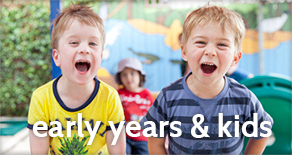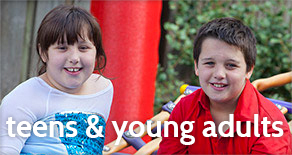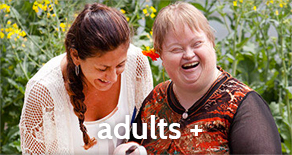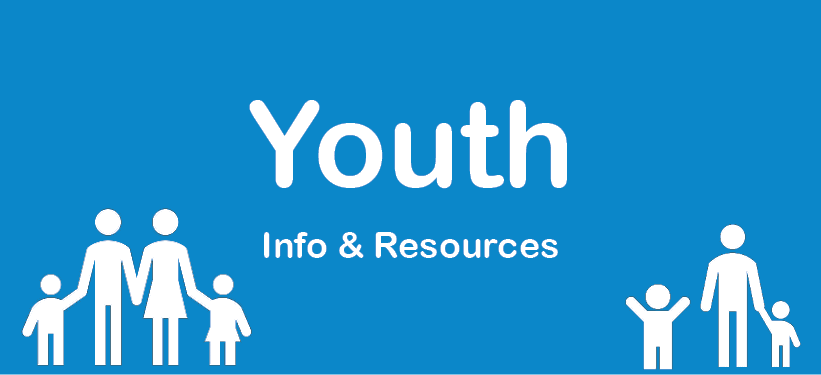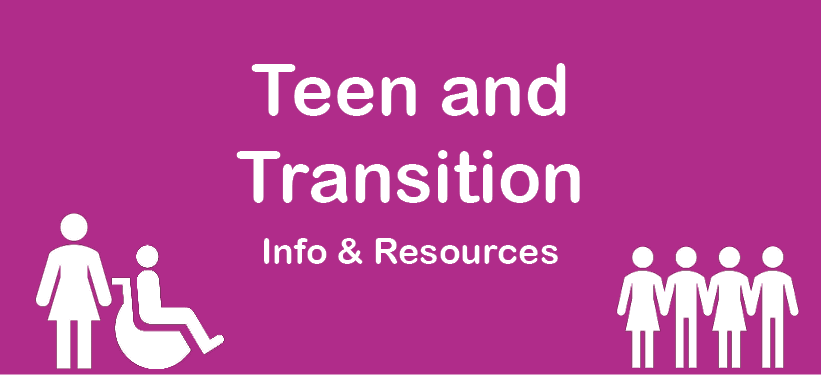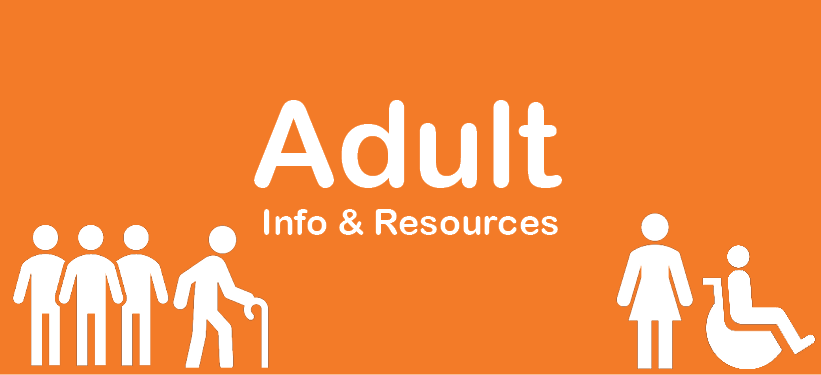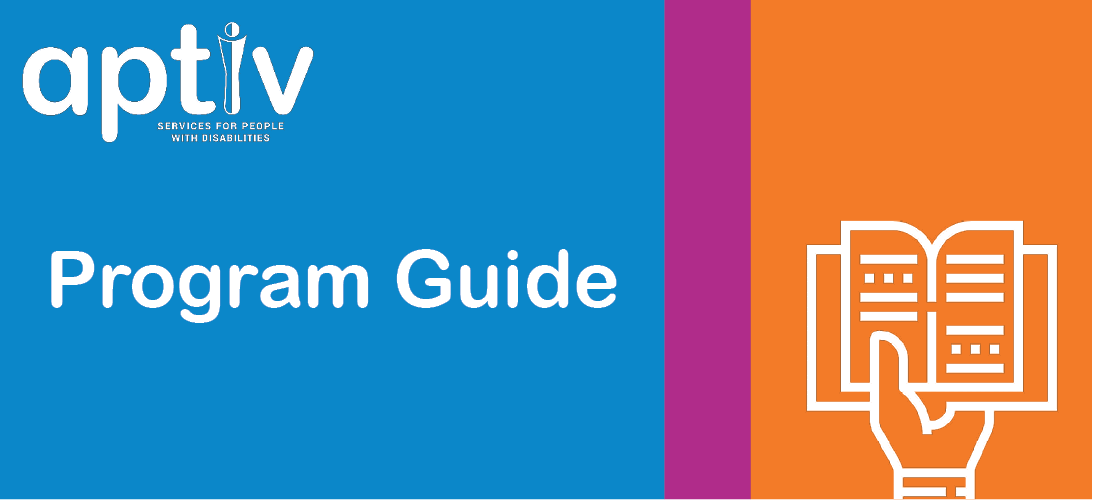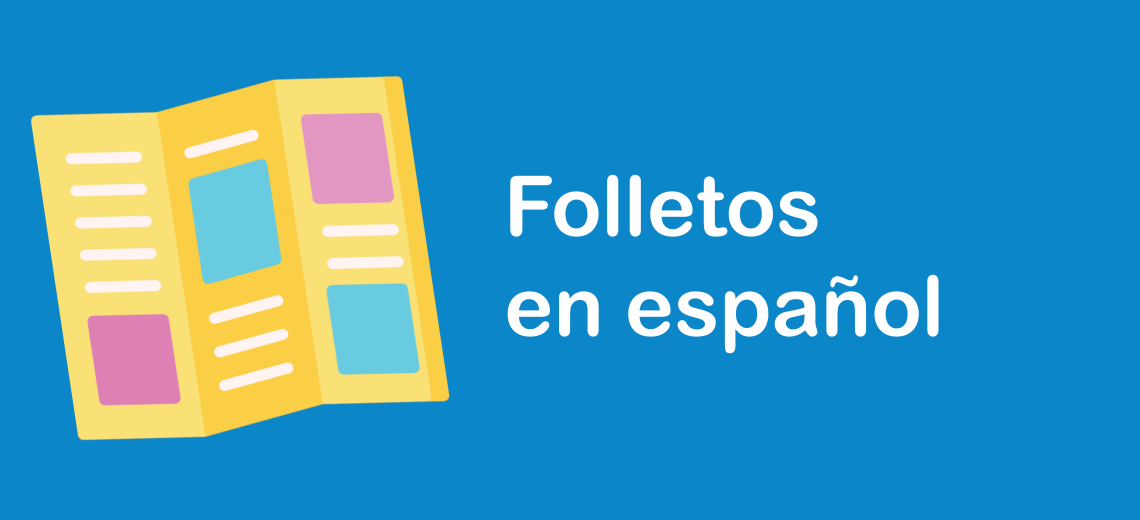Aptiv Services Offered for Individuals with Disabilities Ages 4 - 18+
Overview
Aptiv provides a spectrum of innovative support through customized services for individuals with disabilities, age 4 through 18+.
With guidance and support from Aptiv professional staff, individuals with disabilities develop skills and confidence they need to live more-independent and more-engaged lives in their community.
We focus in the areas of living, learning, and working for 3 primary age groups. To begin your search of programs most beneficial for a person with the aptitudes and abilities, choose one of the age groups below.
Ages Served
Ages 4-13
Early Years & Youth
Get your child ready for a life of opportunities
Find out what services you can access to help your child reach their full potential.
Ages 14- 24
Teens & Transition Students
Prepare your teen or transition student for the path to independence
Find out what services you can access to help your child reach their full potential.
Ages 18+
Adults
Live an independent and engaged life with our practical supports and services.
Find out what services you can access to help you reach your full potential.
Support Us
It's because of gifts to the Aptiv Foundation that children and adults with disabilities are reaching their goals. It is only through the vision and generosity of contributions to the Aptiv Foundation that it becomes possible to provide the level of support each person needs and deserves. Contributions go to funding facility improvements, program equipment, and other tools to help people with disabilities live, learn and work in our communities.

